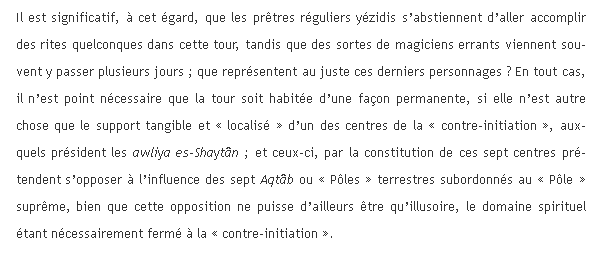POLYGLOT LIFE
Short book (more of an essay) sharing insights from a pretty accomplished young polyglot now teaching Classics at Princeton. He learnt Latin, Greek (modern & ancient), Italian, French, German, Spanish, Russian to a high level.
THREAD/

Short book (more of an essay) sharing insights from a pretty accomplished young polyglot now teaching Classics at Princeton. He learnt Latin, Greek (modern & ancient), Italian, French, German, Spanish, Russian to a high level.
THREAD/


People have a tendency to think that the ability to learn foreign languages depends on inborn ability: "some people are just good at it". True or not, it's counterproductive. We can all speak at least one, so why not more? 

A common myth is that children are better or faster language learners. This is not true: children take years to acquire vocabulary, grammar, and concepts which we already have. 





One of the greatest challenges is motivation in the face of diminishing returns. Knowing one word, learning 10 feels like a lot. Knowing 1000, 10 feels like a drop in the lake. 

But progress in a language IS quantifiable: this is best done not through measuring time spent, but sentences. 



Reading and listening are the best investments: through them, we gain vocabulary, grammar, phonology, etc. intuitively, naturally. 



He recommends tracking your diet, exercise, and sleep, and recording how they affect your ability to concentrate, read, and learn and retain information. 







He recommends self-study over classes for several reasons: 1) teachers focus on grammar drills. 2) classes encourage passivity. 3) teachers, not you, set the goals. 4) you have to listen to and practice with non-natives, potentially acquiring / reinforcing mistakes. 



When gathering resources for self-study, choose those with a large amount of text. The text should be accomanied by easily accesible translations/answers, and should have recordings of the text.
Assimil, TeachYourself (esp. old versions) are good for this.

Assimil, TeachYourself (esp. old versions) are good for this.


Make a plan and record your progress. Be specific about what you're going to do: review chapter 1, finish chapter 2, review past simple, etc. 







Once you've completed one or two courses, your next steps depend on your own goals / situation.
To improve reading, you should read bilingual texts. Read in YOUR language first. Read as much as you can before switching languages without getting lost. 

Reverse listening - strange method from Alexander Arguelles - whereby you listen to an audiobook in a foreign language while reading in your own. You may also read along in the foreign language or "shadow". 







Graded reading - use texts which provide some vocabulary, or are otherwise designed, simplified, or correspond to your level. 



To improve speaking, he recommends either finding a language exchange / tandem partner (free), or simply paying someone to converse with you. You can also record your conversations and go back over your mistakes / practice listening etc.
One thing I really disagree with is his take on pronunciation. Amazingly, he says that it's basically innate - what he criticized others for thinking about language learning. I'll address pronunciation in detail in a future thread.
/THREAD
/THREAD
He has a youtube channel 'deka glossai' - worth checking out!
• • •
Missing some Tweet in this thread? You can try to
force a refresh




























